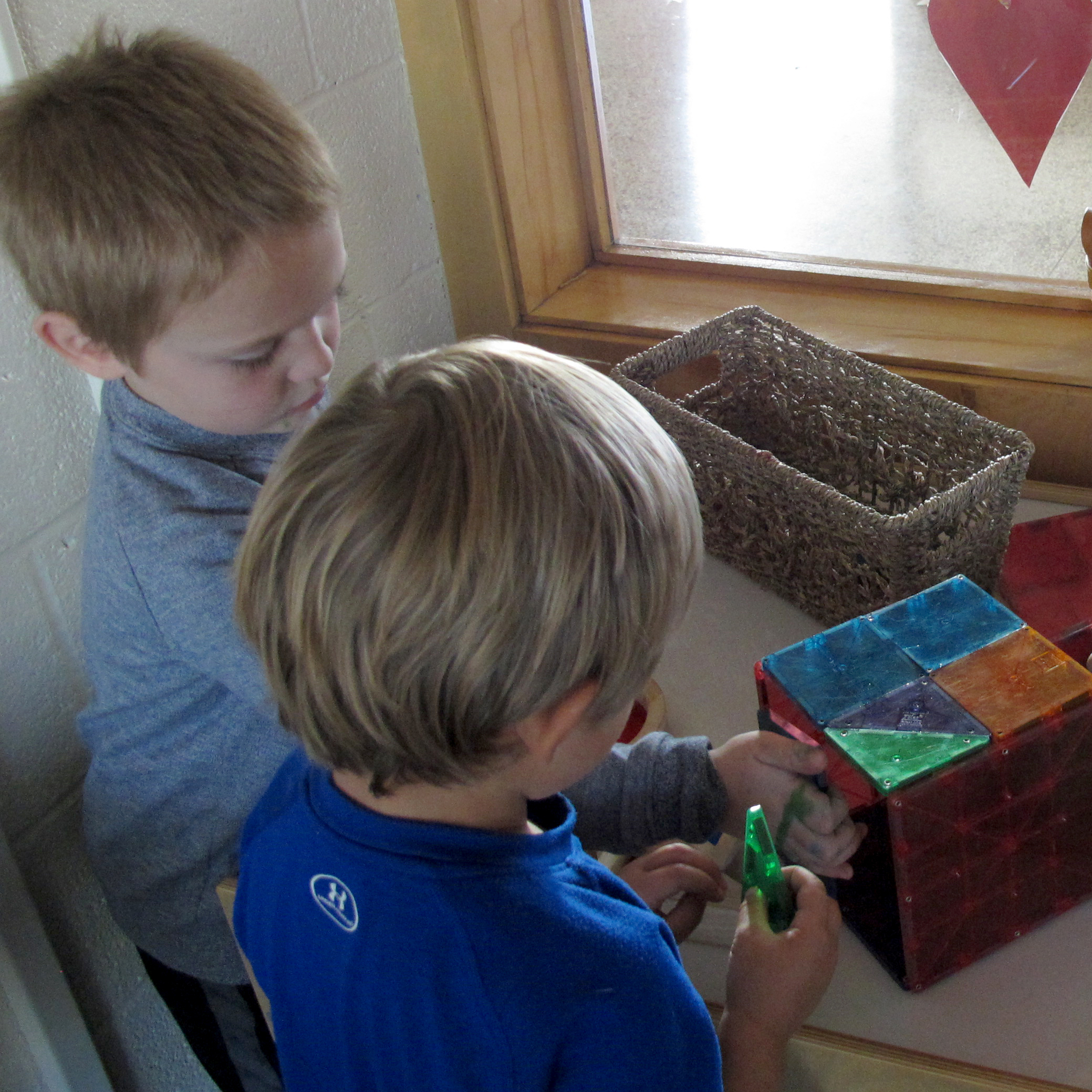After Lawmakers Gut Pre-K Pilot, What’s Next For Indiana’s Kindergarten Test?

Elle Moxley / StateImpact Indiana
A student looks through a book about fruit and flowers at Busy Bees Academy, a public preschool in Columbus.
A panel of state lawmakers voted Wednesday to scale back Gov. Mike Pence’s preferred pre-K proposal. Instead, they’ll send it to summer study committee for more debate.
Gone, too, is a provision to bolster the state’s kindergarten readiness assessment, the ISTAR-KR. The state provides the qualitative test for free to Indiana preschools, public and private. But even kids who attended quality pre-K programs are arriving at kindergarten without any documentation of what they know already.
But Indiana isn’t the only state that falls short when it comes to linking preschool with the state’s K-12 system. According to a report the Early Childhood Data Collaborative released Wednesday, only Pennsylvania has a comprehensive system to track kids across pre-K programs before they start school. From the report:
One of the things the summer study committee will be considering is alternative funding sources to pay for preschool. But as we’ve written before, the lack of pre-K infrastructure has hurt Indiana in competitive federal grant programs to fund early learning.To understand which policies and investments lead to effective early childhood education (ECE) services, policymakers need timely and accurate data about how children are developing over time, the quality of services available, characteristics of successful programs, and workforce education and training needs.
Policymakers who have a complete picture of their state’s young children, early care and education programs and workforce can identify service gaps for specific populations (e.g., infants/toddlers, dual language learners, low-income families), make strategic funding decisions, and create policies to support the continuous improvement of programs.
Time for some good news: The Department of Education says most of the the things will help improve the early learning environment in Indiana can be done for little or no cost. And IDOE Early Learning Director Charlie Geier confirmed to StateImpact Thursday that even without a legislative mandate to improve the reach of the ISTAR-KR, it’s “absolutely” still a priority for the department.
Because the proposal lawmakers scrapped Wednesday wouldn’t have funded a pre-K pilot program for low-income 4-year-olds until the next biennium, it’s possible state lawmakers could study the issue this summer and vote to fund it during the 2015 session.
“The whole effort is to try to put this thing in a position where we can have a product that would be worthy of our consideration – if it should be funded – and then put us in a position next year that we can debate, among all budgeting priorities, as to where we want to spend our money,” says Senate Appropriations Chairman Luke Kenley, R-Noblesville.
Kenley has said he’d rather put the question of how to pay for pre-K before lawmakers during those negotiations than in a non-budget year.

